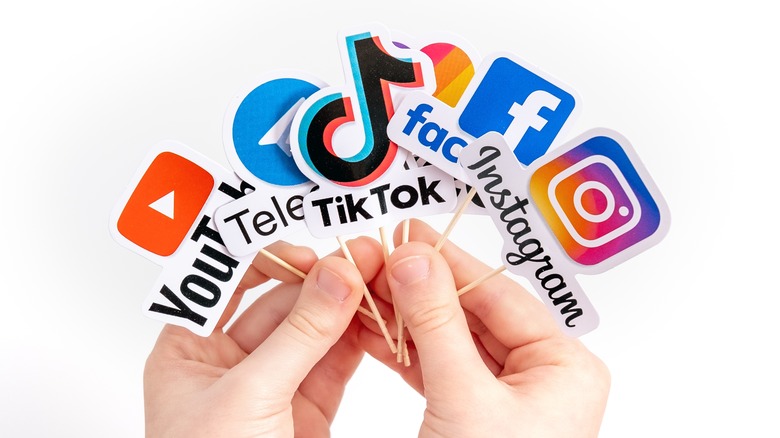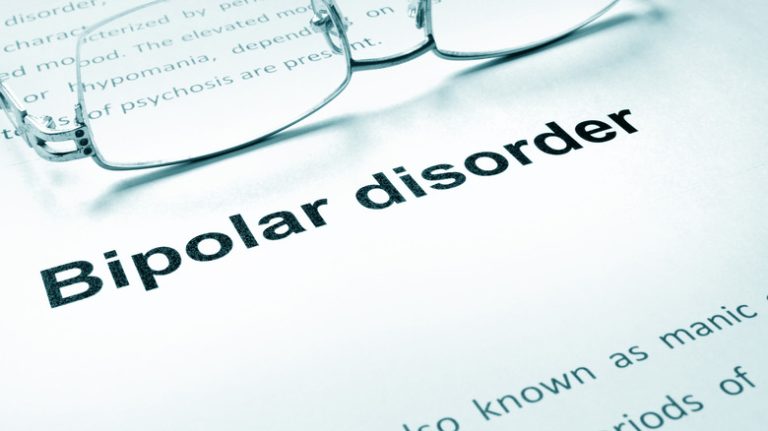TikTok, YouTube, Instagram, and Snapchat are the top social media platforms among teens, and 35% of teens say they use social media constantly, according to Pew Research. Although teens typically post on a variety of topics, about a third of them share their emotions and feelings on social media (via a previous Pew Research study).
According to World Health Organization, roughly one in seven youths aged 10 to 19 experience some sort of mental disorder, with the most common being depression, anxiety, or behavioral disorders such as ADHD. Is it possible for young people to diagnose themselves with a mental health condition after learning about it on social media? In an exclusive interview with Health Digest, Director of The Dorm DC Robert Johnson, MC, MCAP, LPC tells us that this is common with young adults.
“In one week alone at our facility, three different clients spoke to their therapist about how ‘they think they know what their diagnosis is’ after listening to others their age talk about symptoms on TikTok,” Johnson said. Autism Spectrum Disorder is the most common self-diagnosis.
The dangers of self-diagnosis

Johnson said that self-diagnosis can prevent someone from getting the proper care for their mental health condition. “[T]hey may exaggerate symptoms, overlook the true cause of the symptoms, or ‘normalize’ symptoms that are debilitating for young adults actually struggling with these mental health issues,” Johnson said. “With self-diagnosis, you run the risk of being completely wrong about an illness you have, especially if the symptoms you are experiencing are common.”
Johnson also said that getting an incorrect diagnosis could get in the way of proper treatment for their actual condition. This could lead to exacerbating their condition, which could lead to self-harm or suicidal thoughts. Johnson said it’s best to leave the diagnosis to mental health professionals.
“Teens, or anyone for that matter, shouldn’t diagnose themselves,” Johnson said. “If a teen has questions about their mental health or is experiencing symptoms that are uncomfortable or unusual, they should ask their parent(s) or guardian, school counselor, or teacher for help.”
How social media impacts teen mental health

According to Pew Research, two-thirds of teens use TikTok and about 60% use Instagram and Snapchat. Johnson said this puts them at greater risk for mental health conditions. “I believe social media use is tied to decreased, disrupted, and delayed sleep, which, as a result, leads to depression, memory loss, and poor academic performance,” Johnson said.
The WHO says adolescence is a formative time to develop interpersonal communication and emotional regulation. Adolescents are vulnerable to peer pressure and adversity, which can contribute to stress. “Additionally, as teens go through puberty, social media is then pressuring them to establish their identity at a time when the frontal lobes in their brains are not fully developed,” Johnson said. “There is a lack of impulse control.” This impulsivity is closely linked to using social media more often, which is also linked to feelings of loneliness, according to a 2024 study in Educational Process: International Journal.
Johnson adds that parents can get help for their children by visiting their primary care physician, who can link them to a mental health professional. LGBTQ teenagers can also connect with The Trevor Project for help.
The Dorm helps young adults find support for their mental health. You can learn more about Robert Johnson’s expertise in trauma at The Dorm’s website.



